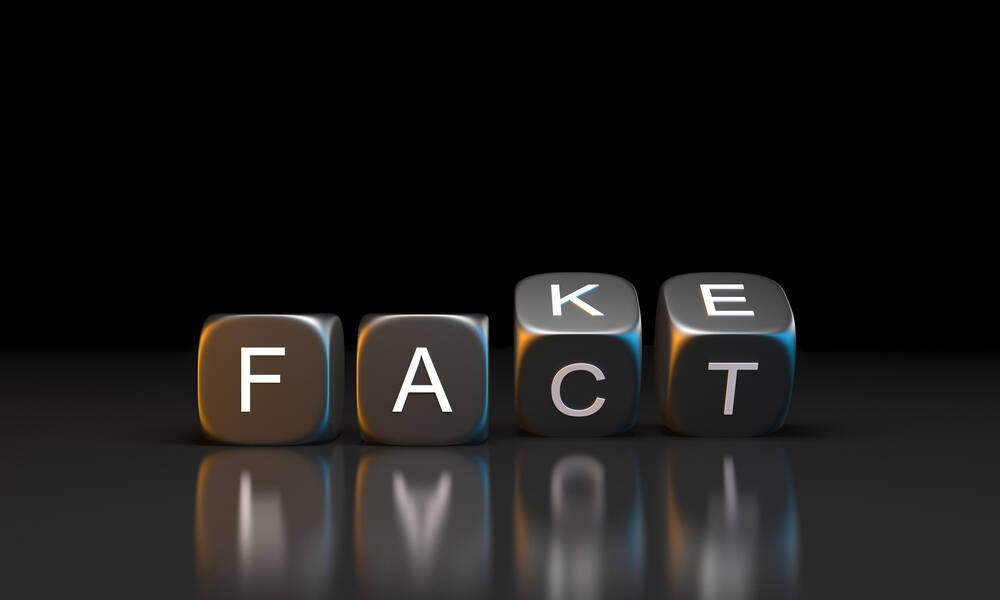
Journalism Group Ramps Up Anti-Misinformation Efforts With New Program
The American Press Institute’s new Trusted Elections Network aims to provide journalists with expert strategies for tackling misinformation during the 2020 election season.
In what is already promising to be a chaotic presidential election, a group focused on supporting the press is launching a new initiative to take a bite out of misinformation.
The American Press Institute (API) recently announced the creation of the Trusted Elections Network, which will connect local media outlets to experts who can help reporters figure out the best ways to tackle issues of misinformation that could have a negative impact on an election.
The move comes after a 2016 election season in which accusations of widespread misinformation, spread on social networks and believed to be state-sponsored, came to define what happened at the polls. Reporters, who often are on the front lines of covering local elections, likely would have faced issues even in a normal world. But given the added element of COVID-19—which could lead many voters to stay home and potentially vote by mail—the situation is even more complicated than before.
“Worries about voter suppression and fraud in some states already were making ‘election integrity’ a key issue in the United States,” API’s Andrew Rockway and John Herndandez stated on the institute’s website. “Then came the coronavirus pandemic, raising serious questions about whether—and how—governments can best ensure voters’ health and safety as they head to the polls.”
To help journalists tackle the issue, API has created an in-depth resource guide, based on input from experts, that offers suggestions to journalists on how they can most effectively report on elections and how to identify and respond to evidence of misinformation on social media and other sources.
For example, the guide recommends refuting the misinformation by leading with the facts rather than the falsehood.
“Repeating false claims frequently can actually reinforce belief in the falsehood. When debunking a false claim, it’s best practice always to reinforce what’s true, rather than what’s not,” the guide states, while adding that mentioning the falsehood is still OK in proper context, something Susan Benkelman, API’s director of accountability journalism, calls a “truth sandwich.”
API’s effort is the product of a $388,000 grant to the institute from Craig Newmark Philanthropies that was announced in January, with the goal of connecting disparate parties in journalism and academia together. (Newmark, the founder of Craigslist, has become a major donor to journalism causes.)
“There are a growing number of tools, insights and experts out there,” API Executive Director Tom Rosenstiel said in a press release. “Our job is to build a bridge between them, a network so the good guys can move more quickly against the purveyors of lies and thereby help protect our elections.”
(Hendra Su/iStock/Getty Images Plus)






Comments